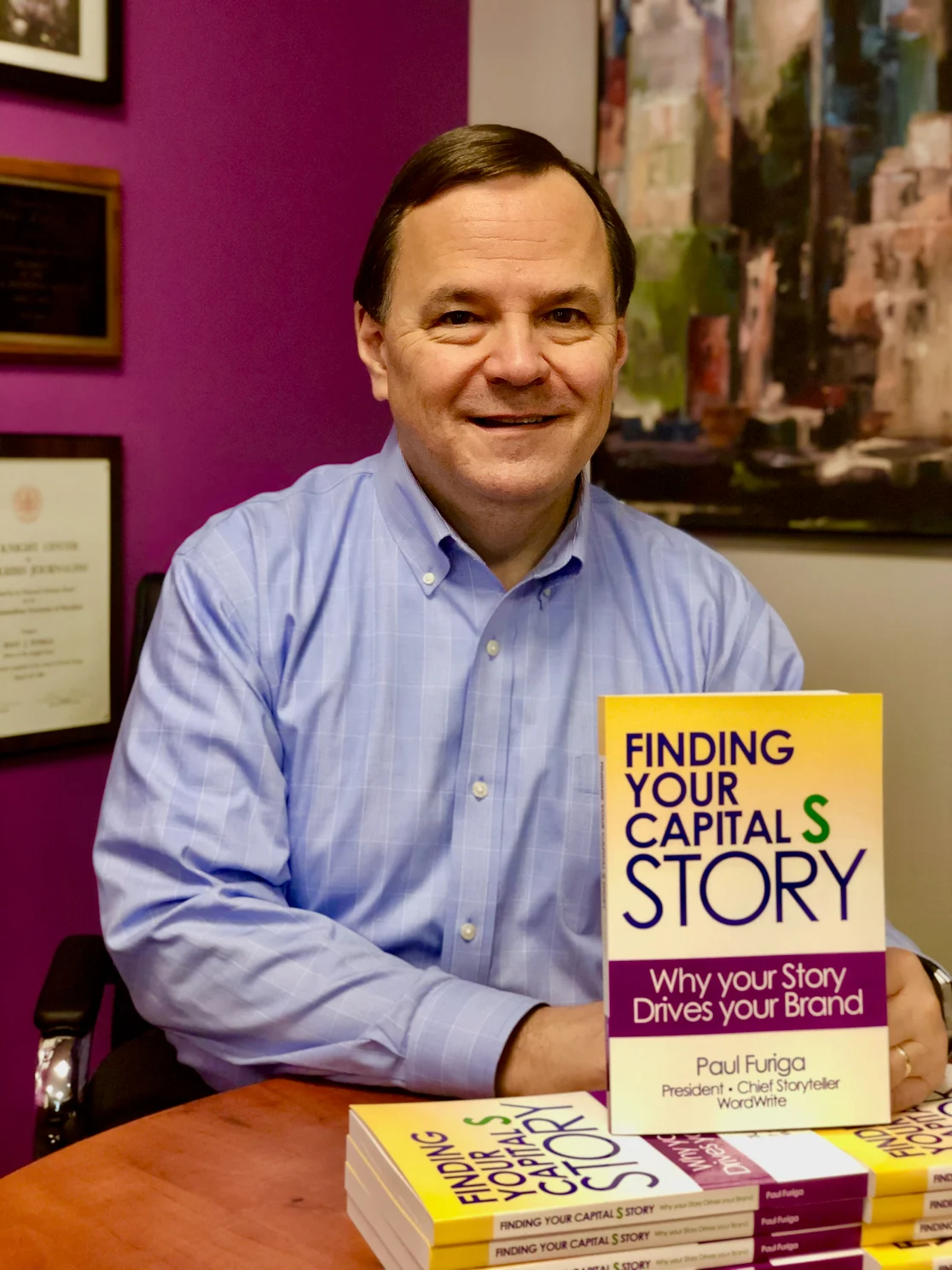We are all writers here at WordWrite, but only one of us (so far) can say they have written and published a book! We sat down with our Chief Storyteller, Paul, for a short interview about what it was like writing his first (and certainly not last) book and the tips he would have for anyone wanting to undertake this challenge.

